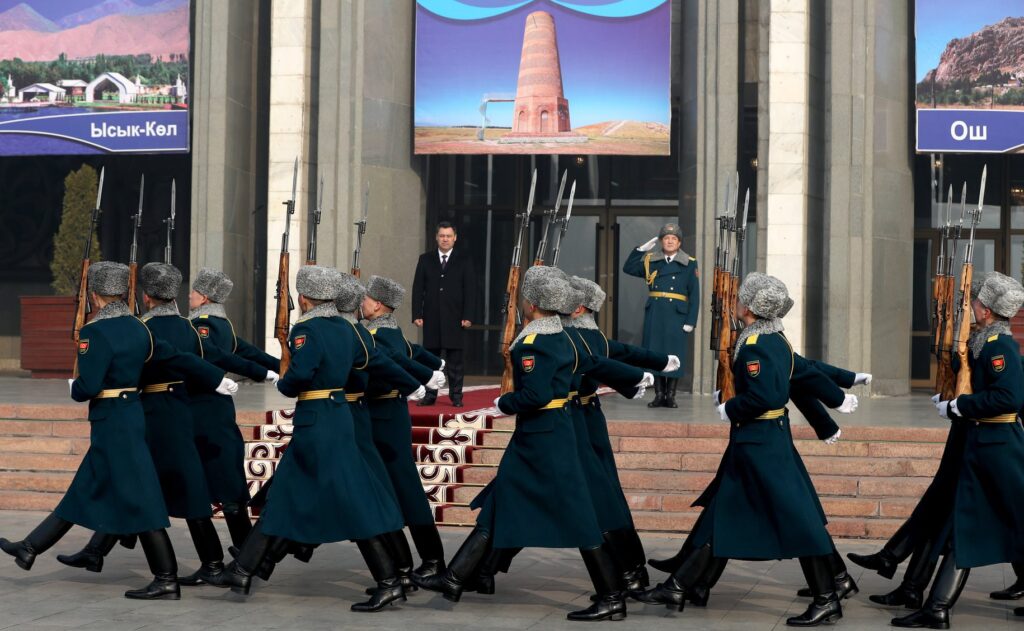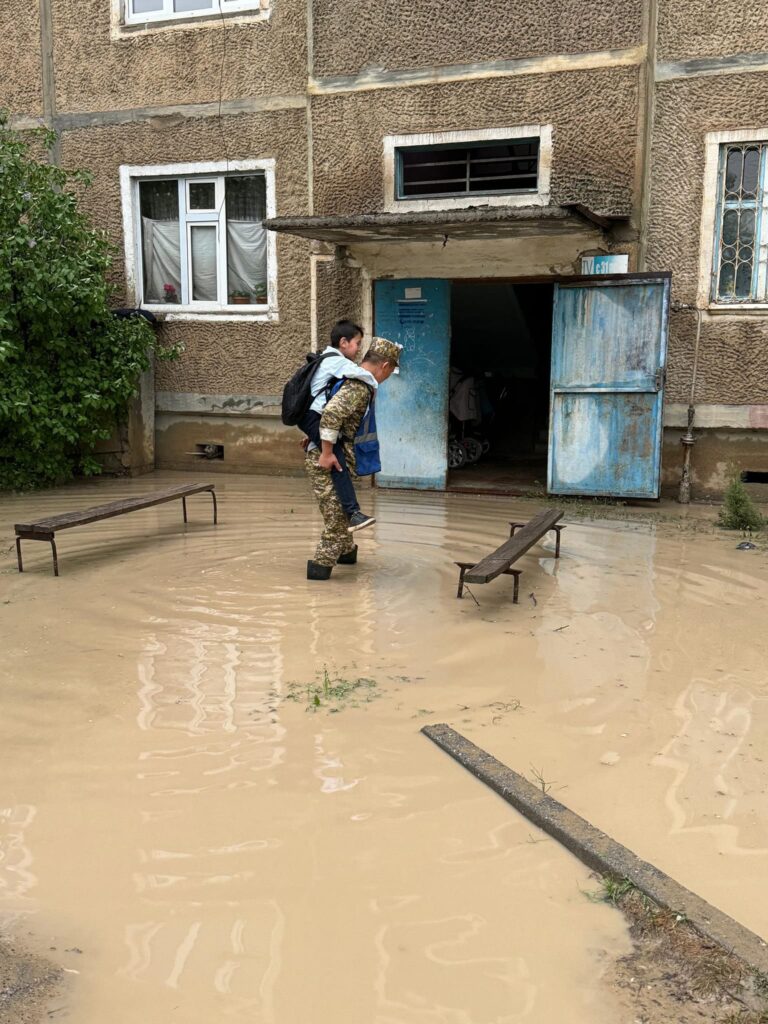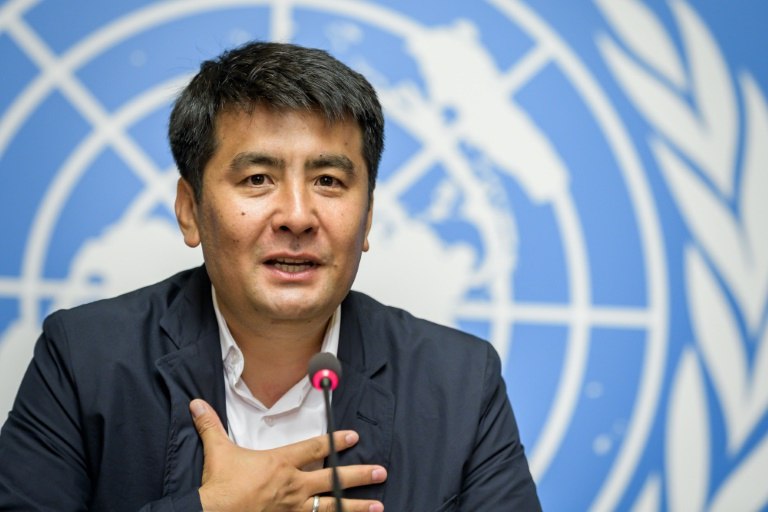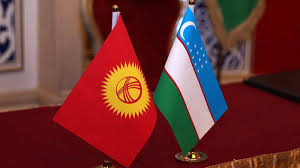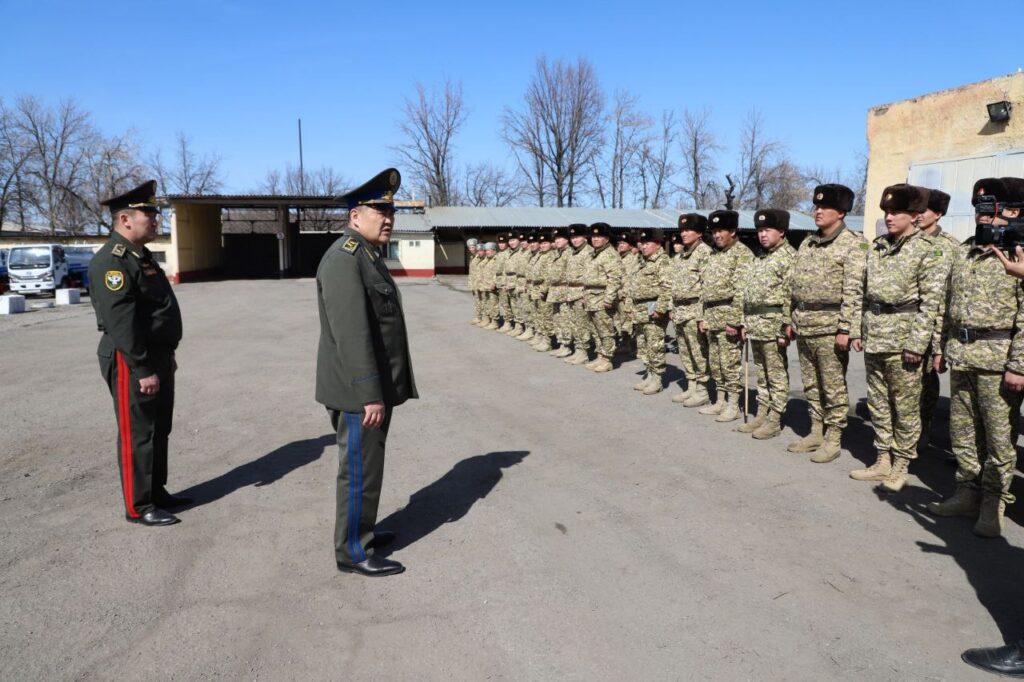In April 2024 Kyrgyz President Sadyr Japarov signed a law on non-governmental organizations (NGOs). Now all NGOs must submit full financial reports and register with the Ministry of Justice. Despite the authorities' statements about the need for a document regulating the financing of such organizations, the law has numerous opponents. President Japarov himself claims that some NGOs have deceived donors by using foreign funds -- meant for roundtable discussions, training sessions and projects -- for personal purposes. "If you say that this is not true, I can prove it. Why do NGOs in developed countries register with the Ministry of Justice, tax service, open a bank account and do not do the same when they come to us? Or are we a second-rate country? No, we are not. We will not allow such dubious actions anymore," Japarov said after criticism from NGO representatives. Under the new legislation, an NGO that has received foreign aid will be called a "foreign representative". Public activists claim that the rule is consonant with the Russian law on foreign agent status for nonprofits that accept foreign funding. Such a situation will carry certain reputational risks: according to the law, organizations that receive funding from abroad and deal with political issues must be included in a special register and operate under the control of state bodies. In an interview with The Times of Central Asia, Azisbek Ashurov, head of the NGO 'Lawyers of Fergana Valley Without Borders' and a human rights activist, spoke about the pitfalls of the law. In Ashurov's opinion, the document is designed to limit the activities of the private sector. "We are concerned about the re-registration procedure itself. Either it is just an application procedure, or someone will approve, make decisions. When decisions are made, how transparent and non-corrupt will it be?" he asked. Ashurov gave the example that in Kyrgyzstan there are NGOs providing legal assistance to citizens. If there is a dispute with a government body, the decision is challenged in the courts. However, now such structures will be dependent on the state and will not be able to work fully independently. "State bodies have been authorized to interfere in the activities of NGOs. This is participation in their internal activities. We discuss some of our cases [via] collegiums, when lawyers discuss the strategy for different cases. Now, imagine, a representative of the state will sit and listen to confidential information that in the interest of the citizen we should not disclose. The balance is grossly upset. The adversarial principle is violated if we are preparing for court hearings against state bodies, for example, against the Ministry of Justice," Ashurov added. According to him, the Ministry of Justice was given the opportunity to suspend the activities of NGOs for violations. However, the current legislative framework doesn't specify the violations for which an NGO can be suspended. The law prescribes that state bodies may request information from NGOs -- however, it's not specified what kind of information should be provided. In...
